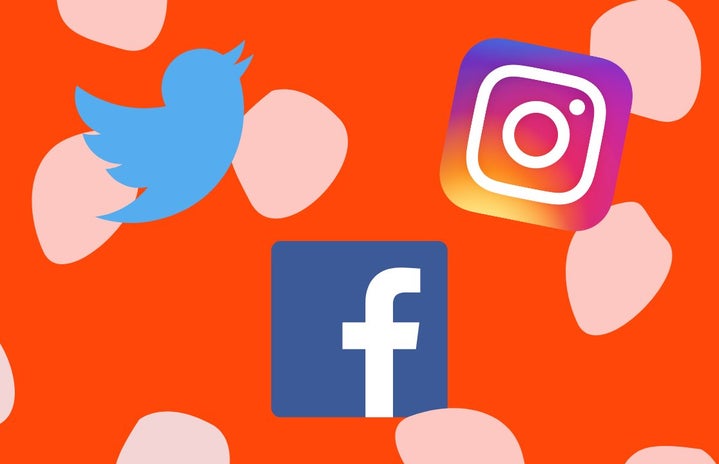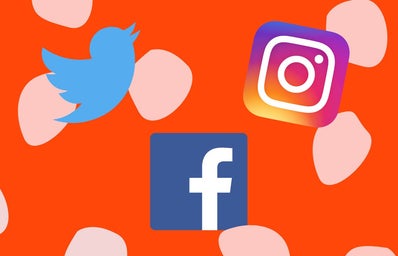If you have been on the internet for the past couple of years, then you have probably heard of the term “cancel culture.” Cancel culture is an internet phenomenon where celebrities and influencers alike are called out and criticised for past and present mistakes. These “mistakes” range from casual racism, sexual harassment, and more. Cancel culture essentially works by publicly ostracising someone and calling on them to apologise for their wrongdoings. Rarely does that happen; instead, what happens is the issuing of an apology in the form of a screenshot from the Notes App and taking a break from social media for a couple of months, hoping people forget. Cancel culture doesn’t work, but before we delve into that you need to understand the history of cancel culture to truly comprehend why it never worked to begin with.
The cancel culture we know now originated in the form of call-out posts created on Tumblr from a blog by the name of. Your Fave is Problematic. This blog was infamous for creating lengthy blog posts dedicated to calling out celebrities. The blog itself served as a warning of the hidden dubious pasts of celebrities, from the use of the N word and cultural appropriation, to juvenile things such as having tattoos in a different language. The blog was definitely a turning point in changing how people viewed celebrities. After the shift of fandom culture from Tumblr to twitter, the idea of Your Fave is Problematic transformed into people starting hashtags titled “x celebrity is over party” or “x celebrity is cancelled” as a way to criticise and call out the wrongdoings of celebrities. Eventually those hashtags evolved into what we now call cancel culture .
“Cancelling” someone is not a new trend. While it might’ve taken on a new name and form, it’s still the same idea of calling out bad behaviours, criticising people, and holding them accountable. This idea that a group of people on twitter are actually able to cancel someone is delusional because cancel culture doesn’t work; no one is truly cancelled. These celebrities put up insincere apologies, go on a short hiatus, and come back acting like all is forgiven, sometimes even saying that they were the victim all along. A great example of how the legitimacy of cancel culture is non-existent is the case of the actor and comedian Chris D’Elia who was accused of sexual harassment and soliciting nude photos from minors. After being cancelled, issuing an apology, going on a social media/work break, and coming back, Chris is now averaging 100k views on his YouTube channel.
How can cancel culture truly work when predators and racists are able to come back and still hold their positions? The answer is because cancel culture never worked; what is being done is a failing effort to hold people accountable. No one is truly capable of cancelling someone because individuals are selective on who they truly forgive and who they decide to collectively continue to ostracise. In the age of the internet, mistakes of the past that were once forgiven will constantly be brought up no matter what. Furthermore, saying that alleged rapists and groomers are being “cancelled” is ridiculous. A better word to describe their situation is that they are being scrutinised for whatever crime they were accused of committing. All in all, this idea of cancel culture taking effect on people’s lives and holding them accountable will never work when celebrities are allowed to err over and over again, mostly consequence free.


